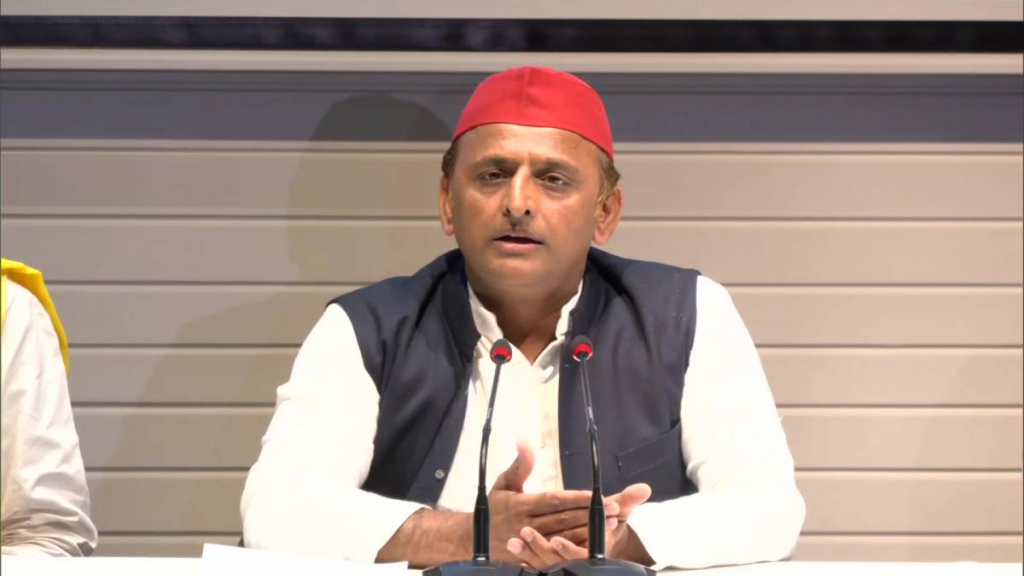Samajwadi Party chief Akhilesh Yadav on Tuesday voiced strong opposition to the Waqf (Amendment) Bill, accusing the Bharatiya Janata Party (BJP) of interfering in all affairs to consolidate power.
“We oppose the Waqf Board Bill because the BJP wants to meddle in everything. They seek control everywhere,” Yadav stated firmly.
Reacting to the Ajmer Dargah’s support for the Waqf (Amendment) Bill, Yadav suggested BJP’s influence behind the endorsement. “The BJP can make anyone say or do anything—that’s their strategy,” he alleged.
Syed Naseruddin Chishty, chairman of the All India Sufi Sajjadanshin Council (AISSC) and successor to the spiritual head of Ajmer Dargah, defended the reforms, urging the Muslim community to not be swayed by “emotional and provocative statements” against the bill. He emphasized the need for changes in the Waqf Act, asserting that the government’s assurances should be trusted.
“I believe the existing Waqf Act requires reform, and Muslims need not fear it. When the government has clearly stated in Parliament that mosques and dargahs will not be seized, we should believe the official stance,” Chishty told ANI.
He further noted that the government had already clarified that properties under the Waqf Board’s jurisdiction would remain protected. Expressing hope for positive outcomes, he highlighted that after being referred to the Joint Parliamentary Committee (JPC), the revised bill would likely bring beneficial changes.
“The government had already outlined its intent when introducing the bill and referred it to the JPC, which carefully heard all stakeholders before submitting its report. Hopefully, the final bill will be well-structured, ensuring thorough discussions before its passage,” Chishty added.
Meanwhile, Congress MP and JPC member Imran Masood strongly criticized Chishty, accusing him of “brokering” for the BJP. “He should stop acting as a middleman for the BJP,” Masood remarked sharply.
The Waqf (Amendment) Bill, officially named the ‘Unified Waqf Management, Empowerment, Efficiency, and Development (UMEED) Bill,’ aims to address long-standing issues such as mismanagement, corruption, and illegal encroachments. Key reforms include digitization, enhanced audits, improved transparency, and legal mechanisms for reclaiming unlawfully occupied Waqf properties.
The original Waqf Act of 1995 was introduced to regulate Waqf properties but has faced criticism over the years for inefficiencies and lack of oversight. The proposed amendments seek to rectify these concerns and strengthen governance mechanisms within the Waqf system.
